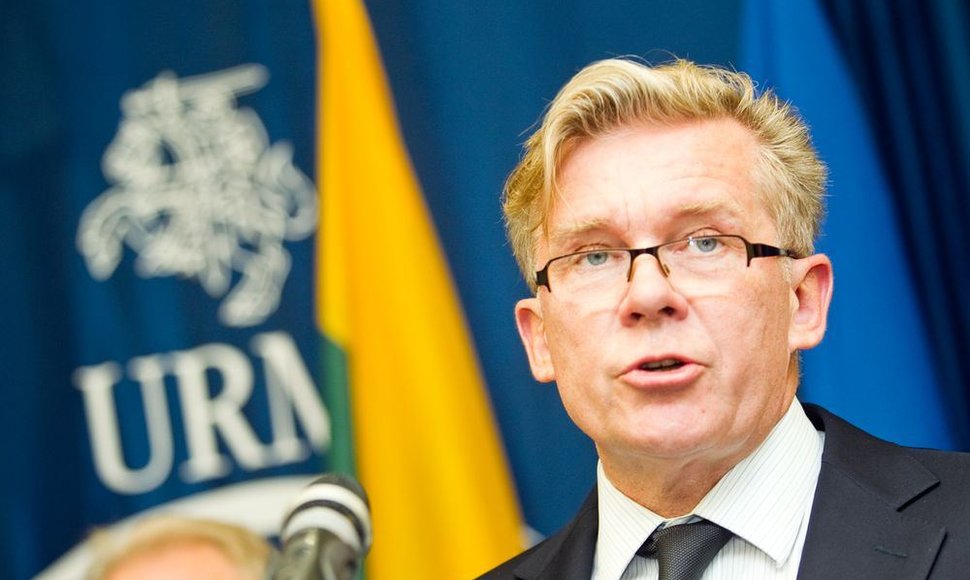"Georgia's success story surprises many and at the same time inspires. We strongly support Georgia's three decisions: the decision to go on the path of the Euro-Atlantic integration, the wish to continue necessary reforms and, of course, the determination to hold free and fair elections," Ažubalis said.
The five foreign ministers met with Georgian Minister of Foreign Affairs Grigol Vashadze and Chairman of the Georgian Parliament David Bakradze on Monday and discussed the upcoming general elections on 1 October.
The Lithuanian foreign minister also met with leader of the political coalition Georgian Dream, Bidzina Ivanishvili, and the coalition's other representatives. Ažubalis underlined that universally recognized international observers can provide and objective evaluation of the election process.
"We have accepted the Georgian authorities' invitation to ensure that the elections are free and fair, and we are sending a large number of international observers. Long-term observers from the Organization for Security and Co-operation in Europe are currently working in Georgia. We believe that only representatives of the Office for Democratic Institutions and Human Rights, and not political parties themselves or PR agencies, can provide an impartial and objective evaluation of the election process. The international community will trust its observers," Ažubalis said.
This election is at the center of international attention as a record number of foreign observers plan to come to Georgia. It is estimated that around 2,000 observers will represent various organizations. Lithuania is sending 26 observers.
On 17 September, the Lithuanian, Latvian, Czech, Bulgarian and Romanian foreign ministers are scheduled to meet with Georgian President Mikheil Saakashvili, Prime Minister Ivane Merabishvili, Giorgi Bokeria, secretary of the National Security Council of Georgia, representatives of opposition parties and nongovernmental organization.
The ministers will also visit the EU monitoring mission in Georgia and meet with its head Andrzej Tyszkiewicz. The mission is ensuring stability and promoting mutual trust in order to mitigate consequences of the 2008 war.












